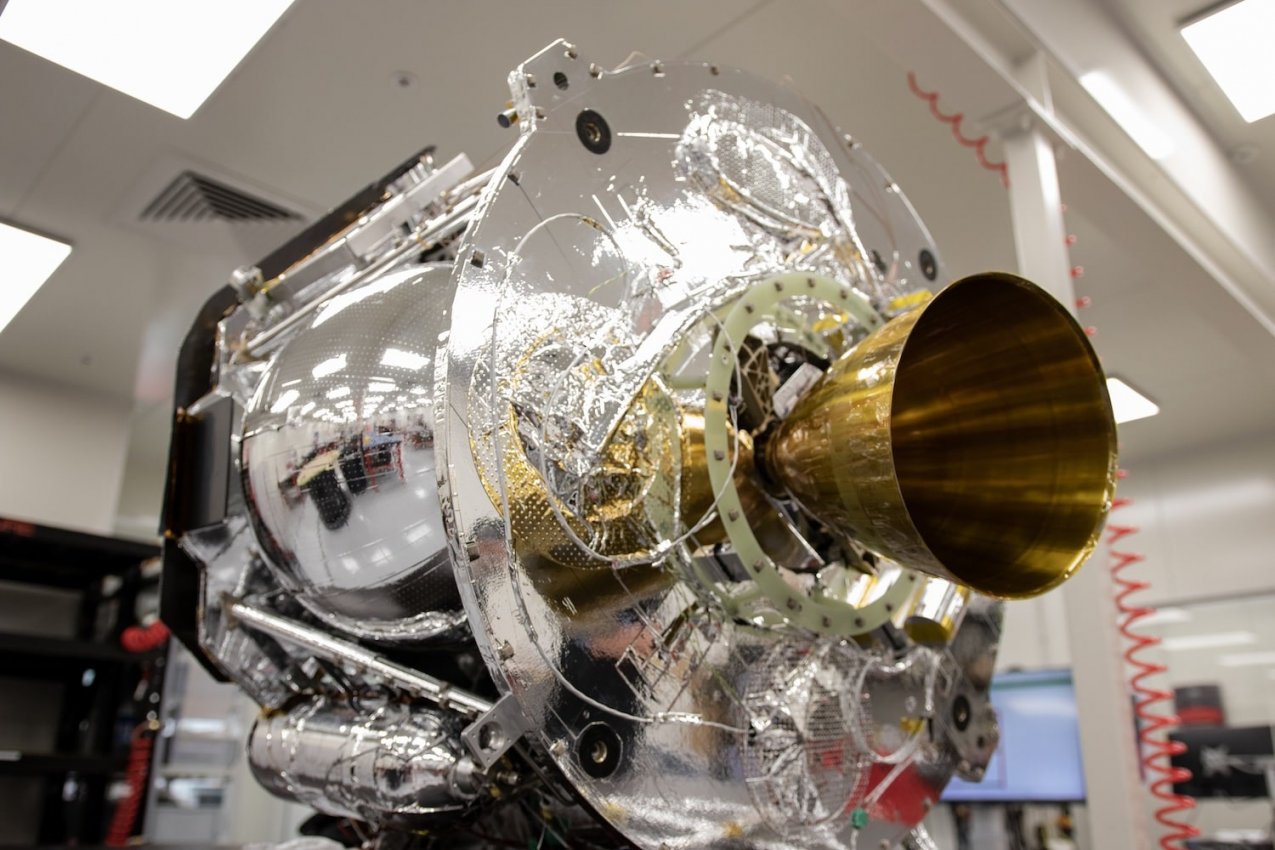Products You May Like
WASHINGTON — Space launch provider and satellite manufacturer Rocket Lab has secured a deal worth over half a billion dollars to build 18 satellites for a U.S. government agency.
As disclosed in an SEC regulatory filing Dec. 21, Rocket Lab National Security will “design, manufacture, deliver and operate 18 space vehicles” as part of a U.S. government contract valued at $515 million. A spokesperson said the company could not provide further details.
Sources indicate that the customer is likely the Space Development Agency.
SDA, an organization under the U.S. Space Force, is building a mesh network of military satellites in low Earth orbit known as the Proliferated Warfighter Space Architecture.
SDA Director Derek Tournear speaking at a conference earlier this month said the agency was negotiating a contract with an unspecified supplier for 18 satellites to expand the U.S. military low Earth orbit constellation.
One of the portions of SDA’s proliferated architecture is the Transport Layer Tranche 2 Beta, made up of communications satellites to enable beyond line-of-sight connectivity for military forces on the ground.
Transport Layer Tranche 2 Beta is projected to have 90 satellites. The agency in August announced it awarded $1.5 billion in contracts to Lockheed Martin and Northrop Grumman for 72 Beta satellites.
Tournear said Dec. 7 at a National Security Space Association event that SDA was planning to add another 18 Beta satellites to the constellation and was in negotiations with another vendor that he did not disclose.
The Transport Layer Tranche 2 Beta satellites — projected to launch in 2026 and 2027 — will carry radios using the UHF (Ultra High Frequency) and S-band frequencies that military and intelligence units rely upon for voice and low-speed data transmissions.
“We are looking at putting another approximately 18 satellites on contract, and we’re working with a third vendor to do that, and we should make that announcement shortly,” Tournear said Dec. 7 at the NSSA forum.
According to Rocket Lab’s SEC filing, the contract includes a base amount of $489 million, with incentives and options worth $26 million. “Work under the agreement will begin immediately with the delivery of the space vehicles to the customer for launch slated for 2027, operation of the satellites through 2030, and an option to operate the satellites through 2033.”
Rocket Lab’s growing satellites business
Rocket Lab, based in Long Beach, California, specializes in small-satellite launch services with its Electron rockets that operate from spaceports in New Zealand and Virginia. It is developing a larger rocket, called Neutron, expected to debut in 2025.
The company also has a burgeoning Space Systems business that manufactures components and spacecraft for government and commercial customers. The contract with SDA would be the largest to date for Rocket Lab’s satellite operations.
The company rolled out its line of Photon satellites in 2019. In 2022 it established a national security subsidiary focused on the U.S. defense and intelligence market.
Rocket Lab in 2022 won two contracts worth $14 million to provide separation systems for Space Development Agency satellites. Separation systems are interfaces that attach satellites to rockets and release them in space once the rocket reaches its intended orbit.
The separation systems are for 84 satellites made by Lockheed Martin and another undisclosed manufacturer that supplies satellites to SDA.
Rocket Lab launched its first Photon satellite in 2020. The company’s CEO Peter Beck said the spacecraft was designed to fill a demand for “turnkey” low-cost satellite platforms that can accommodate multiple types of payloads.
